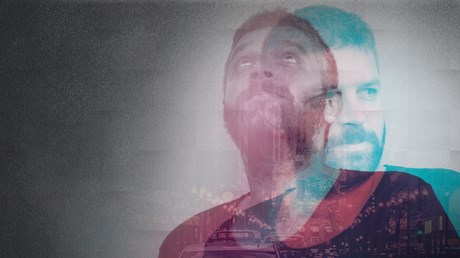Both C. S. Lewis and Job held onto their faith when their worlds imploded. Now psychologists suggest clues to understanding how the mind endures in suffering.

C. S. Lewis was briefly, but blissfully, married to his wife, Joy, before she died of cancer in 1960. He journaled through his grief, later published as the book, A Grief Observed, where he retorted in its early pages:
Talk to me about the truth of religion and I’ll listen gladly. Talk to me about the duty of religion and I’ll listen submissively. But don’t come talking to me about the consolation of religion or I shall suspect that you don’t understand.
Lewis, as one of the best-known Christian apologists of his time, knew plenty of compelling theological answers for suffering. Indeed, he had written an earlier book on the topic, The Problem of Pain. But in his deep personal loss, you see him turn to God with his questioning and even anger. “God,” he writes, “hurts us beyond our worst fears and beyond all we can imagine.” In the same way, in the Book of Job, Job holds onto his faith tightly while his world implodes. Yet he also questions the very purpose of his life, “Why did I not perish at birth, and die as I came from the womb?” (Job 3:11)
You see through Lewis’s journaling and Job’s long discussions with his friends the human need for making sense of how pain and faith interact.
A 2012 psychology study by Russell McCann and Marcia Webb brings into focus our brain’s ability to grapple effectively with the paradox of a suffering world and a good God. It offers intriguing possibilities for understanding how God created our minds to support our faith. Could this be God’s bodily gift when it feels like our world is falling apart?
McCann, a professor at the University of Washington, and Webb, a professor at Seattle Pacific University, looked at ...
from
http://feeds.christianitytoday.com/~r/christianitytoday/ctmag/~3/TMrKGk_Nl-E/how-brain-keeps-faith-in-good-god-amidst-weary-world.html
No comments:
Post a Comment